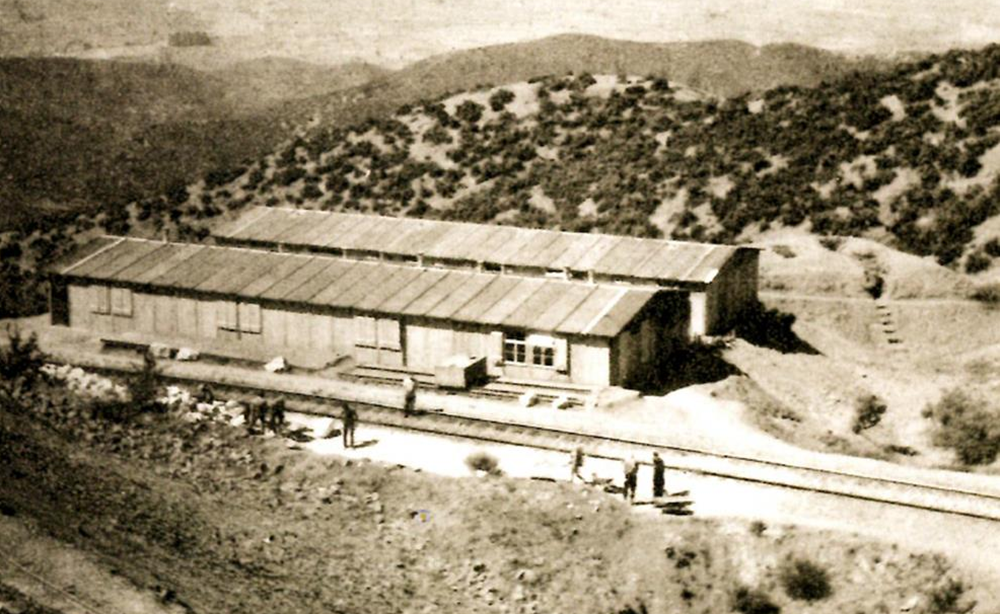
The Ministry of Culture is proceeding with the designation of the site of the Karya Railway Station in Phthiotis as a historic place, following the positive recommendation of the Central Council of Modern Monuments. The Karya Station, as a site of significant historical events, stands as a monument to the brutality and atrocities of Nazism and is an integral part of the collective historical memory, not only for Greeks but also for the global community.The project served the needs of Nazi supply efforts, which had intensified the transportation of raw materials and military forces. The malnourished and exhausted workers were forced to break stones by hand and load small wagons under violent conditions. Many died either from exhaustion or executions.After the completion of the works, the construction site was abandoned. The wooden barracks were removed by partisans, and today only a stone building and a well remain.
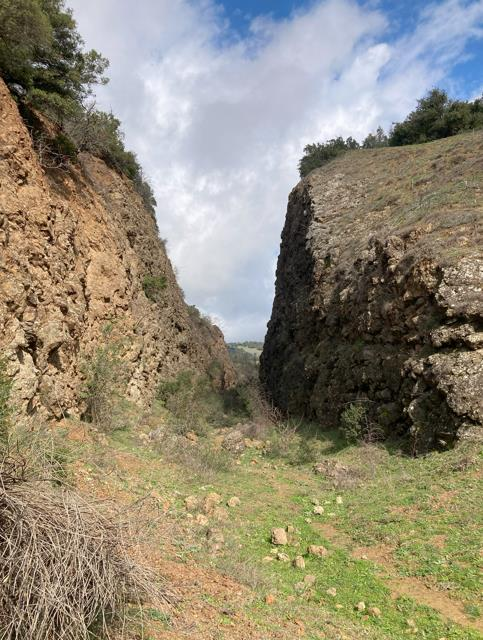
The Minister of Culture, Lina Mendoni, stated: “Karya is a site of forced labor and testimony to the Holocaust in Greece. It is one of the places where the Nazis implemented the policy of ‘extermination of Jews through forced labor.’ The workers had to cut into the slope of a mountain for a railway line under inhumane conditions, while many died during this process. At the construction site, between 300 and 500 Jews from Thessaloniki worked. The few survivors, upon their return to the city in August 1943, were sent on the road to Auschwitz. For the designation of the Karya Railway Station as a historic site, evidence from an international research program shedding light on the tragic history of Nazi forced labor in Greece was used. With this decision, as well as with the support of the joint exhibition organized in Athens and Berlin a year ago, dedicated to the forced labor of Greek Jews during the German occupation, the Ministry of Culture recognizes the events at Karya and pays tribute to the victims of Nazi forced labor in Greece. The preserved Resler photographic archive constitutes rare documentation of the crime, while the rocky cut itself stands as a timeless testimony to the ‘extermination through labor’ policy implemented by the Nazis in Karya. The Karya Railway Station represents a step toward historical justice and the preservation of the collective memory of the Holocaust in Greece.The goal of the Ministry of Culture is to carry out the necessary studies for the restoration of the Railway Station and its reuse as an exhibition space that maintains and highlights the memory of those who were victims of the hatred and atrocities of the Nazis.”
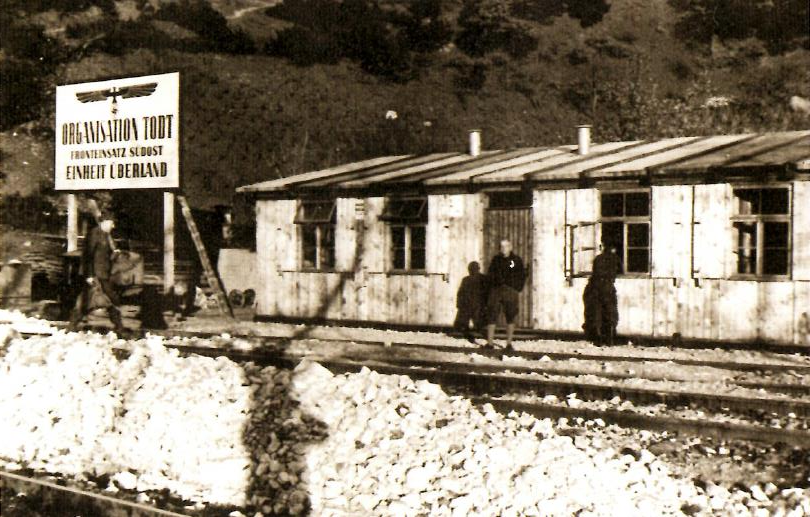
The Service for Modern Monuments and Technical Works of Thessaly and Central Greece, within its mission to document and protect modern cultural assets, submitted to the Directorate for the Protection and Restoration of Modern and Contemporary Monuments a documentation dossier for the designation of the Karya Railway Station in Phthiotis and the wider area of the Todt Organization construction site as a historic place, in accordance with Articles 2 and 17 of Law 4858/2021. The documentation material on the events at Karya emerged from the research program “Deadly Forced Labor in Karya – German Occupation and the Holocaust in Greece,” conducted by the University of Osnabrück in collaboration with the Documentation Center of Nazi Forced Labor and the Memorial Foundation for the Murdered Jews of Europe. At the center of the research was the photographic archive of the German engineer Hans Hermann Resler, which was preserved in 2002 by Andreas Assael, the son of a Holocaust survivor. The archive includes valuable photographs documenting the inhumane conditions of forced labor endured by hundreds of Greek Jews from the Thessaloniki ghetto at the Karya construction site in 1943. The research program identified material remains and other traces of the construction site and the living conditions of the Jews who were used in the forced labor projects. The site inspection conducted by the competent Service of the Ministry of Culture confirmed the historical character of the area of the Karya Railway Station.
Karya was located in the area of Italian occupation, but the Germans had full control of the railway network. The strategic importance of the site was decisive, as the line passed near Lianokladi, an important sorting station. In 1943, Jewish men from Thessaloniki were taken to Karya in Phthiotis for forced labor. There, under the administration of the German Organization Todt, and with the purpose of serving the military needs of the Wehrmacht, they were tasked with excavating a railway cut 100 meters long and 20 meters deep into a rocky mountainside, in order to create a bypass line on the Athens–Thessaloniki route.

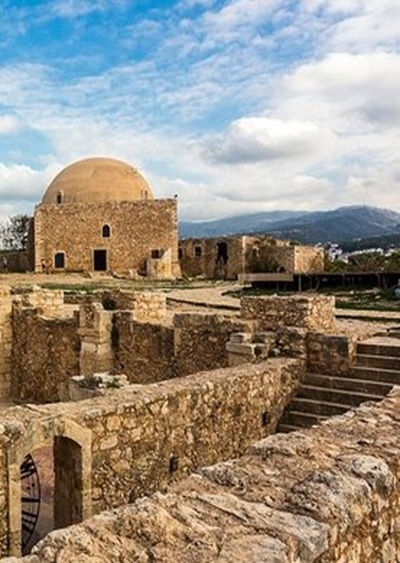
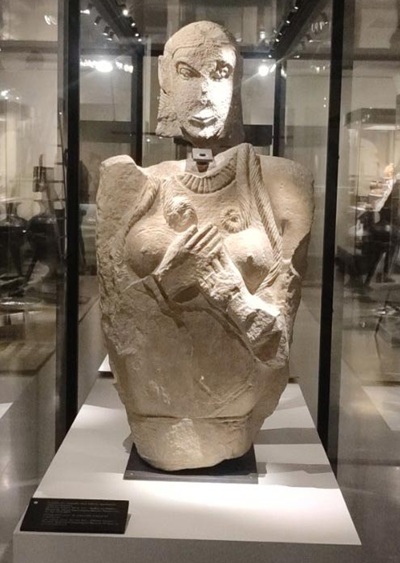

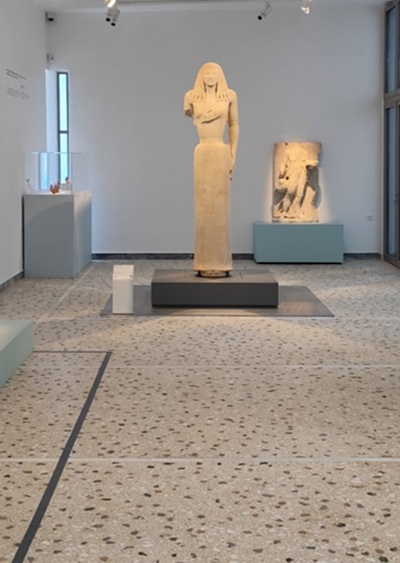


Leave A Comment